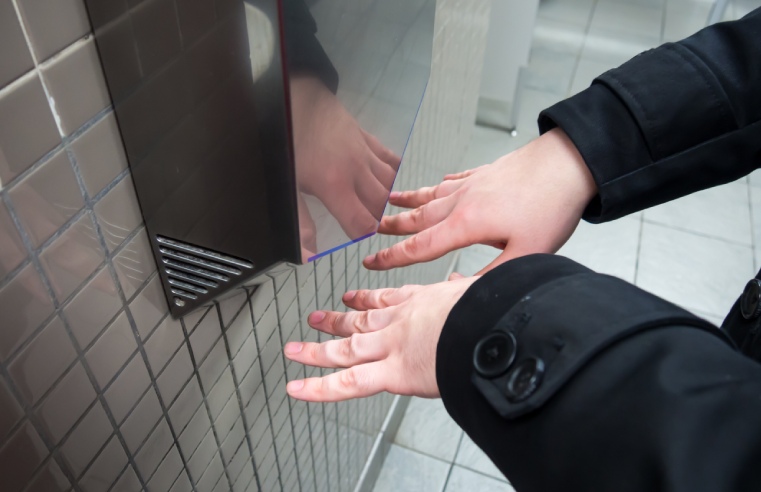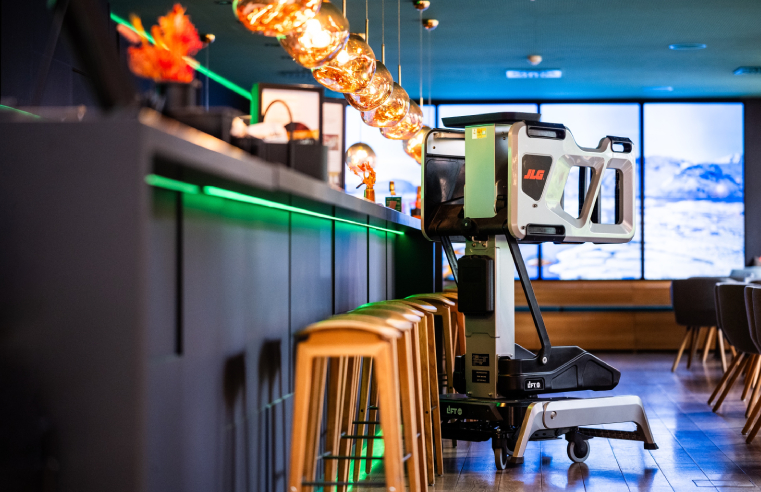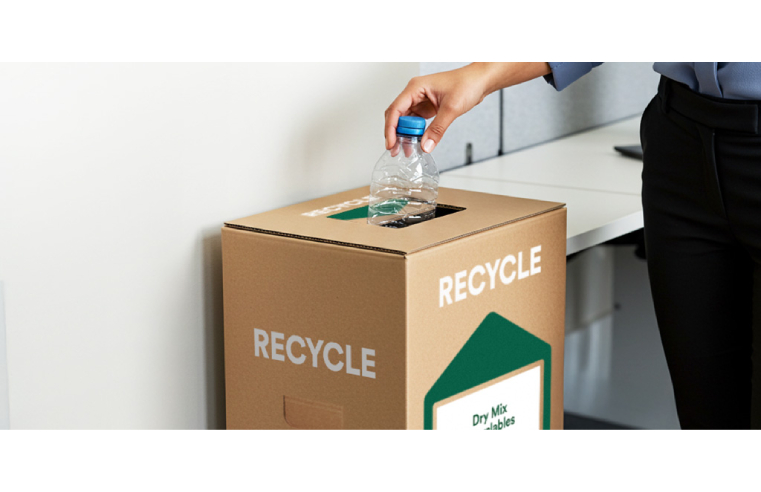Though the past century of hand dryers has not necessarily been a hotbed of rapid advancement, the next century is already being characterised by new levels of frictionless installation, virus- and bacteria-eliminating materials, low emissions, and advanced filtration processes, says Matt Anderson, CEO of Velair.
New frontiers for public health
For all the industries involved in cleaning, sanitation, and associated products, the forthcoming end of social restrictions on July 19th will bring substantial challenges for two key reasons.
Firstly, public venues are likely to be busier than they have been for the past eighteen months. By extension, this is likely to mean that public bathrooms – in restaurants, nightclubs, shopping centres, and so on – will see a proportional uptick in use.
Secondly, the spread of COVID-19 is going to reach unprecedented new heights. According to predictions made by the new Health Minister, Sajid Javid, the UK is likely to reach 100,000 cases per day before the summer ends.
The Government’s advice throughout the pandemic has consistently accentuated the importance of hand washing, as articulated in the slogan ‘Hands, Face, Space’. In order for this advice to be effective, businesses need to ensure that their bathroom facilities are as hygienic as possible throughout the working day. This includes the use of hand dryers, which have been approved by the Health and Safety Executive and World Health Organisation (WHO) as a key preventative measure in halting the spread of the coronavirus.
Yet hand dryers offer facilities managers more than just a tick on a risk assessment sheet. In an age of cost cutting and environmental concerns, certain modern hand dryers can not only contribute to a company’s bottom line through energy savings but also support CSR objectives such as reducing carbon emissions.
Changing expectations for everyday technology
The emphasis here though, is on “certain”. While hand dryers were first patented almost exactly a century ago, the industry itself is not known for its rapid advances. This is beginning to change however, due to innovations in technology and design, driven by the evolving expectations of buyers and users.
For example, the majority of people expect technology to be frictionless. It should function with minimal difficulty and be easy to fix when it goes wrong. Traditionally this has not been the case with hand dryers. Costly skilled labour is often required for installations, repairs, and upgrades: labour that takes time and disruption to arrange, leaving bathrooms unable to meet appropriate standards of hygiene in the meantime.
For many business owners or facilities managers this might mean reverting back to paper towels and leaving an “out of order” sign on their dust-gathering dryer, until such time as a qualified electrician can be arranged to come over and fix it.
My belief is that the hand drying industry has further to go before it meets the needs of a public that is rightly hyper-conscious of hygiene and commercial buyers who expect this technology to be economical and as easy to use and maintain as possible. Companies are making efforts to address these needs and our own approach to this problem has been our Pebble with ‘Plug & Play’ technology that allows the client to service, replace or upgrade the hand dryer without the need for skilled labour.
The world in our hands: hand dryers and CSR
Customer goodwill can be won not only through ensuring that bathrooms always have the hand drying equipment they need, but through wider actions that indicate adherence to CSR principals such as meeting strict environmental targets – and hand drying technology can play a big role in this arena.
According to non-profit organisation the Carbon Disclosure Project, businesses that implement climate change management into their strategic planning see an 18 per cent higher return on equity compared to those that do not. Simply put, cutting carbon emissions just makes good business sense. In London, for example, the mayor’s office has plans to cut carbon emissions by 60% by 2025 and similar schemes can be found across the rest of the UK.
It is therefore important for the hand dryer industry to ensure that new machines are environmentally sound. At this stage, it is well established that electric dryers are much more cost effective than paper towels – a striking study from the University at Buffalo demonstrates the cost disparity in very clear terms, with paper towels costing $900 per year compared to $28 for electric dryers in the same period.
While this is impressive, the hand drying industry needs to continually focus its efforts on developing low carbon emission products. With many buildings consuming two to five times more energy than they need to, facilities mangers need hand dryers that are energy efficient. Unfortunately, there is still a lot more to be done in this area, as only a few companies are tackling this problem seriously and making breakthroughs.
Promoting health and hygiene in the washroom
The principles of CSR also apply in terms of health and hygiene: as mentioned above, the removal of social restrictions this summer will combine rising cases with a spike in the usage of public bathrooms. As much as we strive to a net zero society, we also must work towards tackling the spread of viruses that can easily be spread across a building, negatively impacting employees and customers. Again, the industry has a role to play here by embracing the latest sanitation technology and incorporating it into hand drying products, ensuring that public health is protected. In Velair’s case, this has meant employing a mixture of inbuilt ION PURE antimicrobial technology that kills bacteria and employing HEPA filters that trap airborne particles. For employers who need to reassure workers who are uncomfortable about returning to the office, demonstrating that safety has been made paramount throughout built environments is a major step towards coaxing staff back to the workplace.
Clearly then, in recent years big leaps have been made to advance hand drying technology. Though the past century of hand dryers has not necessarily been a hotbed of rapid advancement, the next century is already being characterised by new levels of frictionless installation, virus- and bacteria-eliminating materials, low emissions, and advanced filtration processes. The pandemic has forced the industry to accelerate its advances, acting as a catalyst towards an exciting future and ensuring that the commitments we make to ethical approaches, responsibility, and determination in the face of crises are more than just blowing hot air.



































